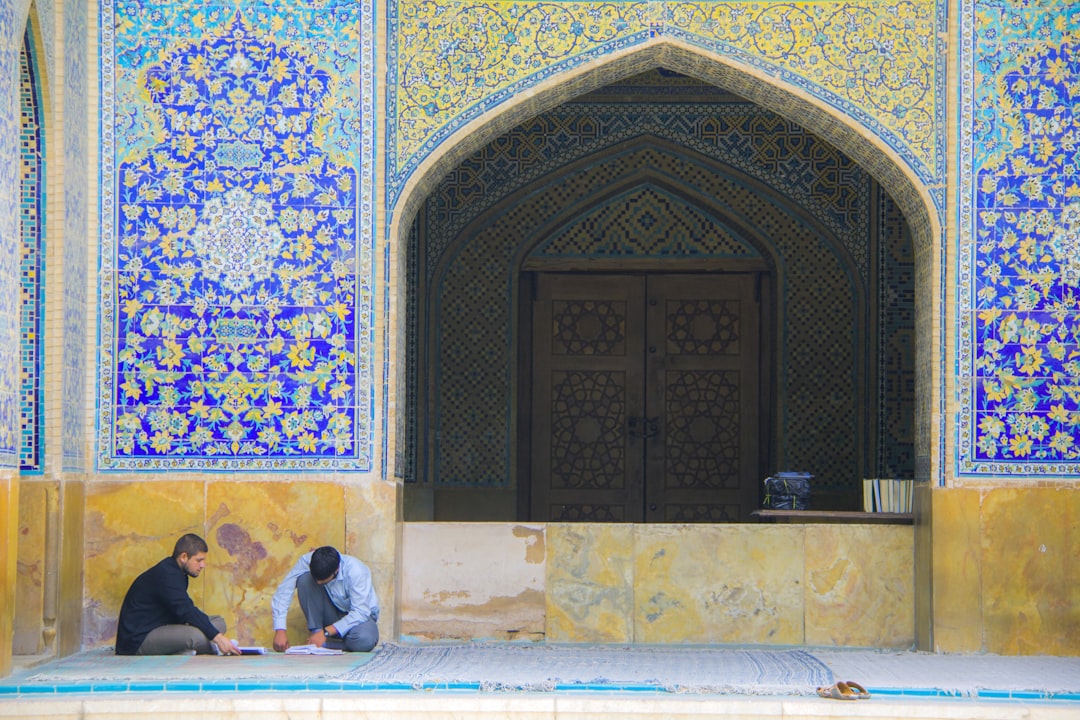What is it about?
This article introduces Mircea Eliade, his biography, and his understanding of religion. It considers the possibly formative influence of Eastern Orthodoxy and recent publications on the issue. His early essays present Orthodoxy as a mystical religion in which, without some experience of the sacred, profane existence is seen as meaningless and he later identified this same basic schema in all religion. Orthodox theologians Vladimir Lossky and Dumitru Stăniloae exhibit ten consonances with Eliade’s thought. However, dissonances are also noted, and for every potential Orthodox source of Eliade’s theories there is another equally credible, non-Orthodox source. Finally, is suggested that Eliade gained insight from Orthodoxy, but that this was brought to consciousness by his sojourn in India. Orthodoxy is a tradition in which categorical propositions had never come to dominate the expression of the sacred, and Eliade wrote from a vantage point on the border, not only between East and West, but also between the scholar and the artist.
Featured Image
Why is it important?
The import of Eliade's understanding of religion is often misunderstood and misrepresented and this consideration of its sources helps clarify its significance.
Read the Original
This page is a summary of: Mircea Eliade’s Understanding of Religion and Eastern Christian Thought, Russian History, January 2013, Brill Deutschland GmbH,
DOI: 10.1163/18763316-04002007.
You can read the full text:
Contributors
The following have contributed to this page










